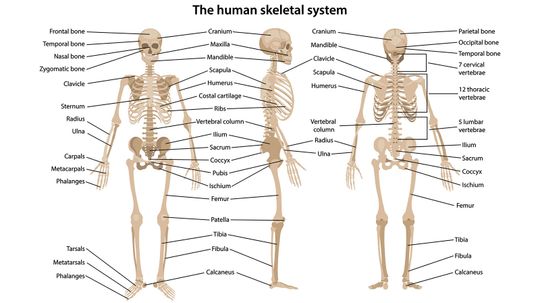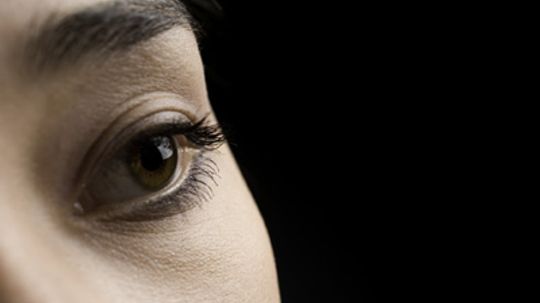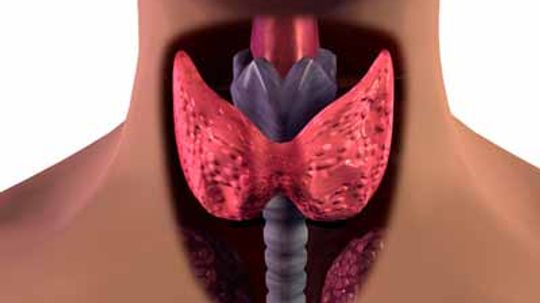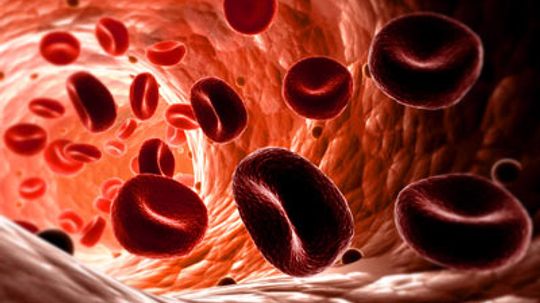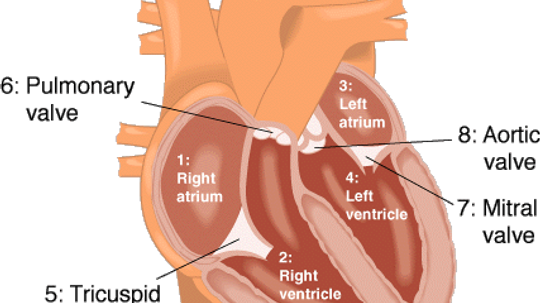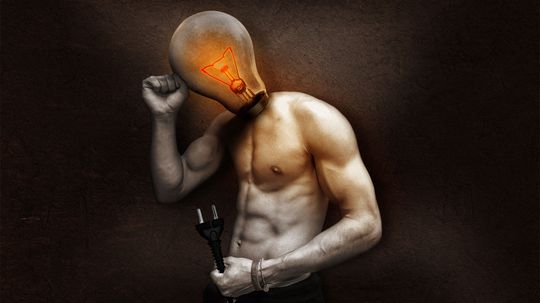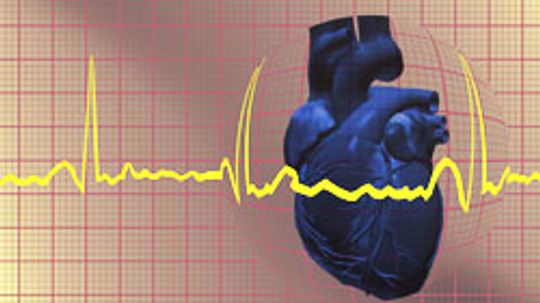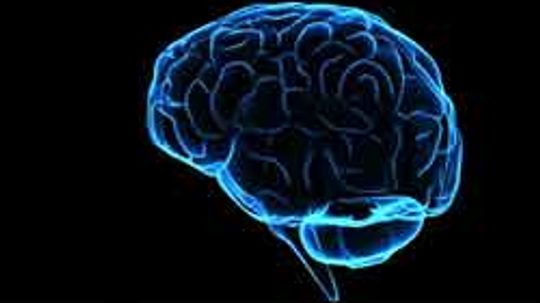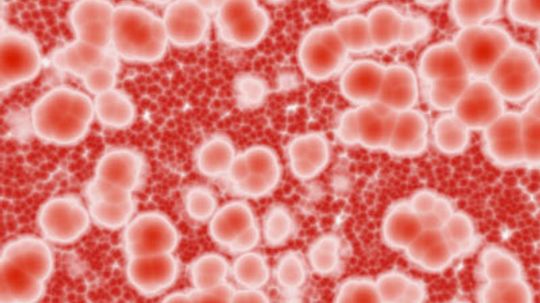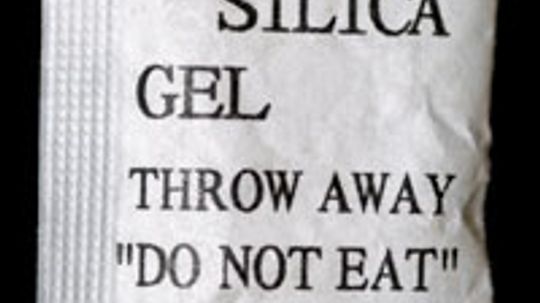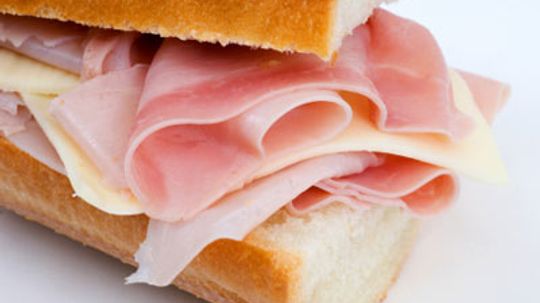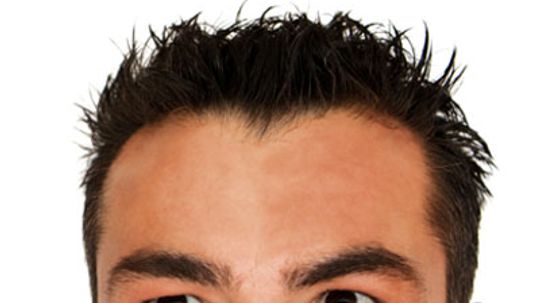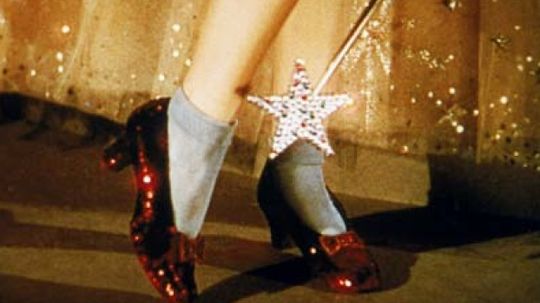Body Systems
Your body is pretty amazing. At any given point you have many biological processes going on -- circulatory, digestive, brain & central nervous systems and more. Learn about these body systems as well as the eye, ears, nose and throat.

Ever Stand Up and Get Dizzy?
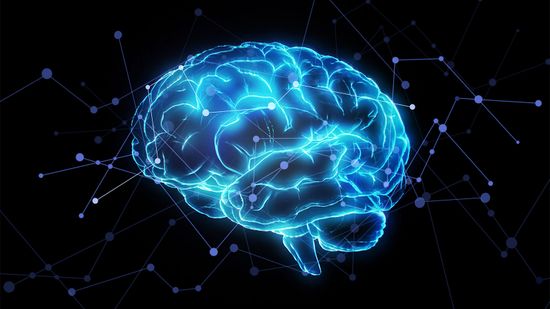
How White Matter Helps the Brain's Gray Matter Function

Bruce Willis Has Aphasia. What Is It and What Causes It?

The True Story of the Blue People of Kentucky
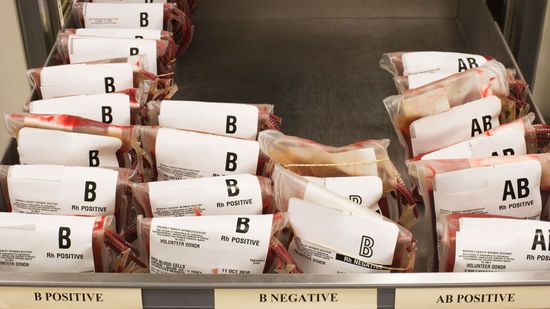
What Is the Rarest Blood Type in the World?
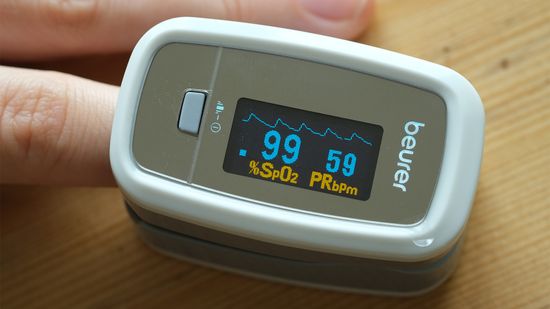
What Does It Mean If Your Blood Oxygen Level Is Low?

What Is Saliva and How Does It Change the Taste of Food?
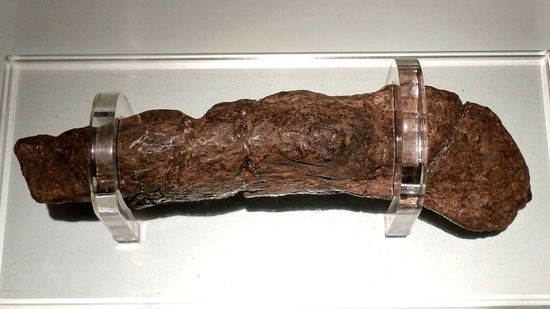
The World's Longest Poop Story Is a Crock of, Well ...

When You Have to Go But Don't Want People to Know

Does Oxytocin Make Us Fall in Love?
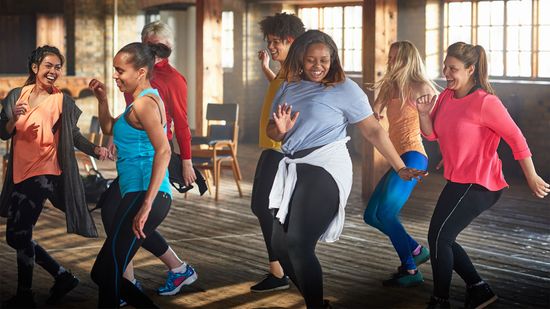
5 Ways Homeostasis Keeps Your Body Humming Along
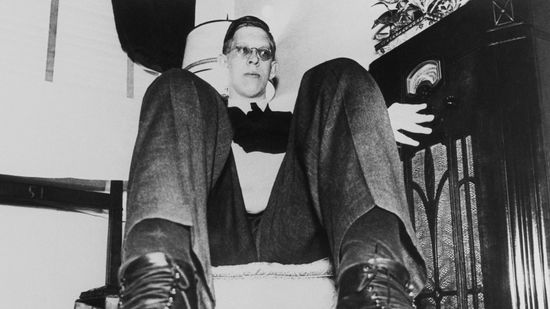
Is It Possible to Get Taller as an Adult?

Do You Have One of the 6 Rarest Eye Colors in the World?

Why Do Babies' Eyes Change Color?
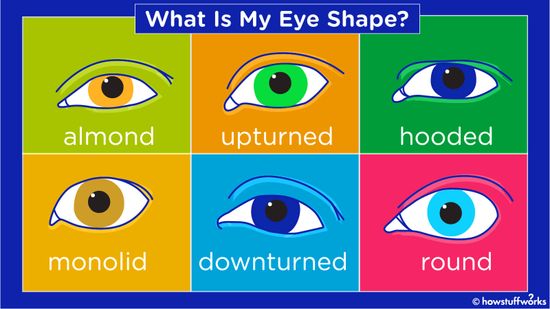
There Are 6 Different Eye Shapes. Which One Is Yours?

'Man Flu' Could Be a Real Thing

Sugars in Human Breast Milk Act as Antibacterial Agents

Does mouthwash affect your immune system?

Kidney Stones Are Excruciating, But the Source of Pain Is Surprising

Why Do We Do a Little Dance When We Have to Pee?

Do You Turn the Door Key and Have to Pee? It May Be All in Your Brain
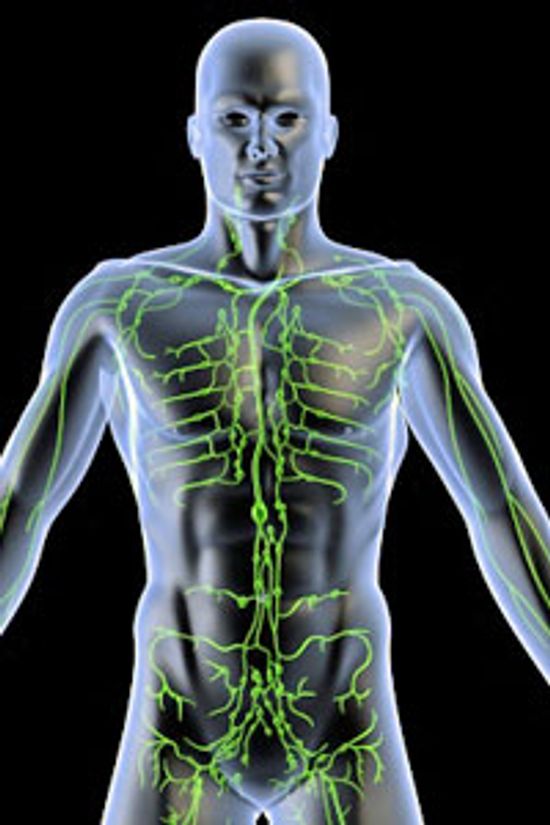
The Lymph System
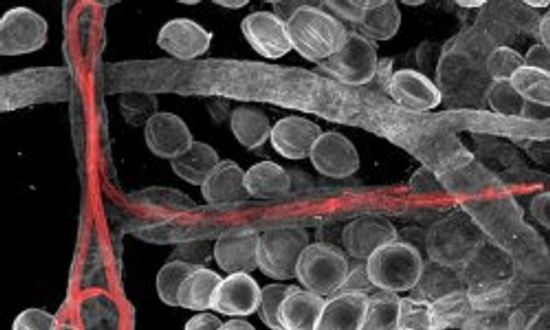
What is lymph?
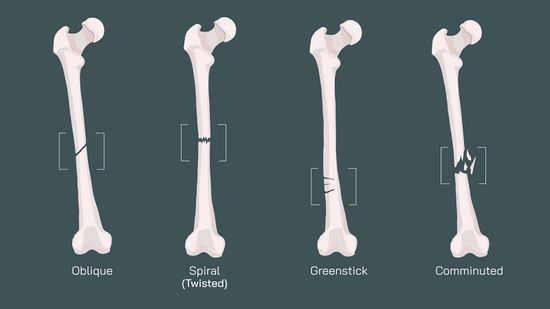
11 Types of fractures That Can Show Up in an X-ray or MRI

How One Key Protein May Help Tendons Enhance Athletic Performance

What Are Muscle 'Knots' and How Do You Get Rid of Them?
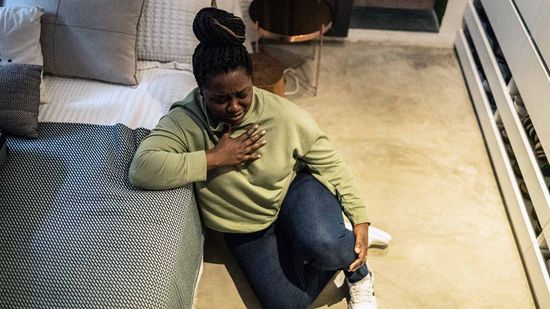
What Happens When the Wind Is Knocked Out of You?

The Science Behind Why We All Have Snot

Why Breathing Through Your Nose Is Best
Learn More / Page 6
Babies have adorable smiles and teeny tiny fingers, but there's a persistent rumor that these new, tiny humans don't have kneecaps. What's the story of a baby's bones?
By Tom Scheve
Bones give our body structure and enable us to stand, walk and move. So what else is your skeletal responsible for and exactly how many bones are in the human body anyway?
By Tom Scheve
Oh, to be a kid again. Plenty of summer vacation, plenty of mud puddles and plenty of osteoblasts? There's a reason your kid can spring back from any injury while you're laid up for weeks.
By Tom Scheve
Advertisement
At night, your eyes adjust to darkness after several minutes. Do you know why it takes that long? Take a look at how your eyes adjust to darkness.
Chances are rather good you've heard the news that you have a thyroid -- but chances are also pretty decent you're not completely up to speed on exactly why you have one. What can your thyroid do for you?
Instead of just giving in to your food cravings, how about nourishing your brain? Take a look at the foods that kick-start your smarts. Here's a hint -- that candy bowl's not going to help.
Every second of the day, blood bustles through your body, bound for your brain, toes and everything in between. How does your heart receive its fair share of the good stuff?
By Tom Scheve
Advertisement
When it comes to the heart, timing is critical. An irregular heartbeat is inefficient and deprives the body of blood. So what sets your ticker's rhythm?
By Julia Layton
Lub-dub, lub-dub, lub-dub, that's usually the sound of a happy heart. But what's responsible for that steady, comforting beat, and what if your heart doesn't sound like that?
By Tom Scheve
Everything we do is controlled and enabled by electrical signals running through our bodies. But how are those signals produced?
By Julia Layton & Mark Mancini
The heart is crucial to life and the focus of love. Explore the parts of the heart and how your heart works, plus take a look at real pictures of human hearts with this gallery.
Advertisement
A healthy brain works better longer, keeping memory accurate and thought processes clear. Learn more about the benefits and options of brain teasers and mind games on your health.
The brain is a complex grouping of nerve cells and other structures that help us think, react to the environment, make decisions and carry them out. Take an in depth look into one of the most interesting parts of the human body.
What does your brain really look like? It depends on how it's imaged. Take a look at all the different ways we can view the human brain.
Unfortunately for him, Humpty Dumpty was not blessed with the human skeletal system. Why can your skeleton do what all the king's horses and all the king's men can't?
By Robert Lamb
Advertisement
Everybody's stomach makes noises. Whether you call it growling, grumbling or gurgling, what is that sound and what is it trying to tell us?
Creatinine is a chemical molecule that is present in the serum (liquid portion) of the blood. The amount of creatinine produced depends on a person's muscle mass. But how is it measured?
"Don't cross your eyes -- they'll stick that way!" That's something most of us have heard from our mothers at one time or another. Can your eyes really get stuck?
In the movie "WaterWorld," Kevin Costner's character has a mutation that gives him gills behind the ears. Could a mutation allow people to swim in the water just like fish --without having to use any sort of scuba equipment?
Advertisement
Silica packets most likely contain silica gel or some other desiccant -- something that absorbs (collects) and holds water vapor. What would happen if you put that gel in your mouth?
Back away from that speaker, turn down your music, and put down that power tool unless you want the ringing in your ears to be permanent. Sound can hurt you, and that ringing may be the first sign.
What happens to your lunch after you eat it? As you read this, your digestive system is hard at work, taking it on a wild ride through your body.
People expel gas by either burping or flatulating. Although it's an embarrassing thing to have happen, it's also a necessity. But what would happen if you just couldn't pass the gas?
Advertisement
Eyebrows add expression to your face, and are often waxed and plucked in the name of beauty. But why do we have them in the first place, and what would happen if they went away?
Roses are red, violets are blue -- well, bluish. The sky is blue, too. Grass is green. These are things that most of us know for a fact and don't question. But what if you were colorblind? What would you see? Is life one long black-and-white movie?

